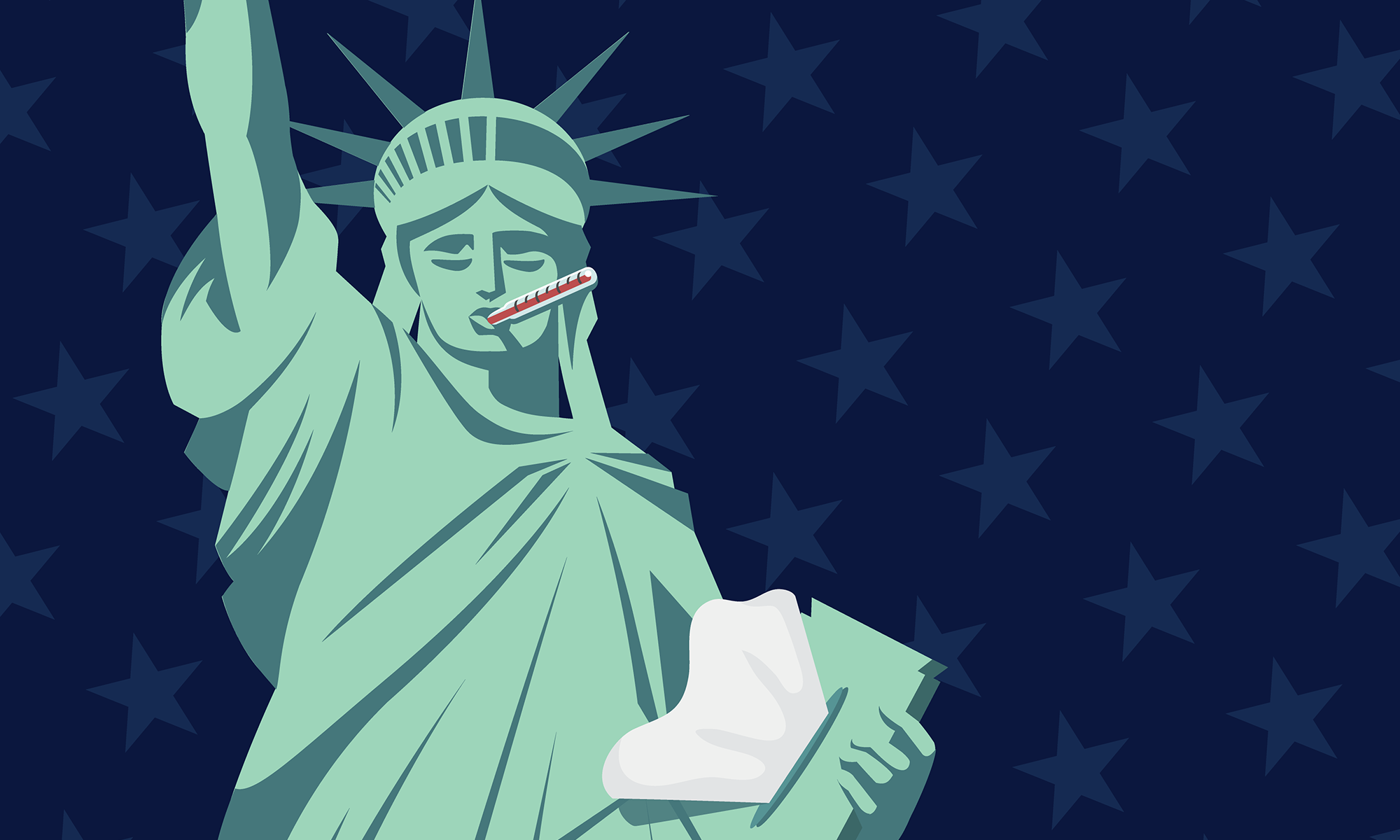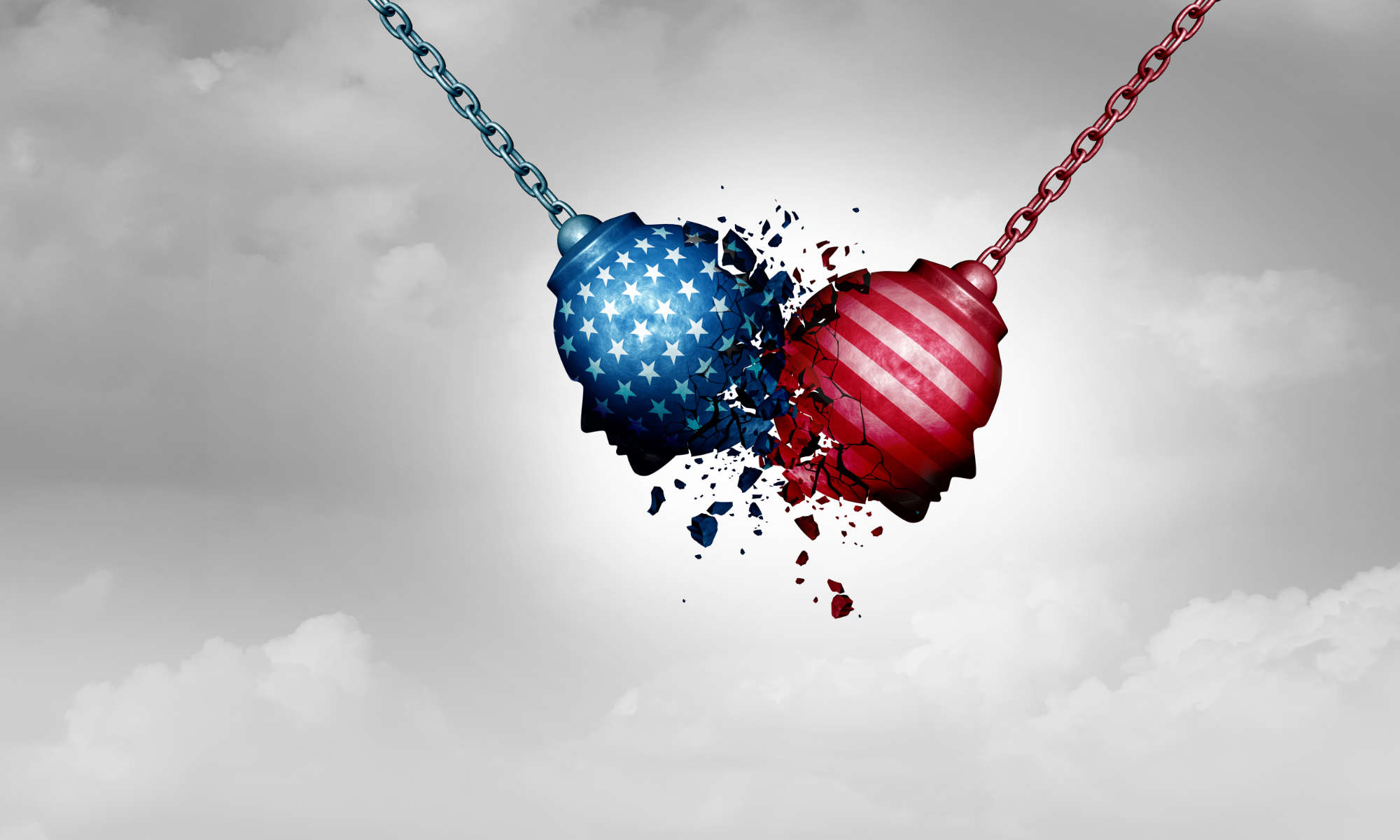The pending election has dominated news cycles for the past year. Four professors at the University of Rochester each raised and answered an important question they say we should be asking this election season.
Narayana Kocherlakota, Lionel W. McKenzie Professor of Economics, is a former president of the Federal Reserve Bank of Minneapolis and an expert on economic policy.
Q: The bruising election campaign has revealed some deep divisions among Americans. What will it take to eliminate those differences?
A: I trace those divisions to people’s disappointment over economic outcomes in the past ten years. For example, output per person grew more slowly from 2005 to 2015 than in any prior decade since the end of World War II. It is possible, in my view, for the federal government to take steps to accelerate growth (like increasing infrastructure investment and providing tax incentives for private sector investment). But without that faster growth, I anticipate a hardening and deepening of the divides that we saw in 2016.
John Osburg, assistant professor of anthropology, is a scholar of contemporary China. He examines changing attitudes in Post-Mao China toward spirituality, marriage, romance, education, and politics.
Q: China is frequently blamed for bleeding the United States of its manufacturing base. What are the nuances of Chinese manufacturing that Americans should be aware of?
A: I find the candidates’ image of China to be much more a projection of American anxieties than a reflection of realities there. Donald Trump, in particular, claims that China is stealing our manufacturing jobs and beating us in everything. This is highly ironic (and misleading) on two counts. The first is that manufacturing jobs in China are largely very low wage with extremely long hours and few protections or benefits for workers—a far cry from the glory days of unionized manufacturing in the U.S. Not only are Chinese workers increasingly unwilling to work under these conditions, but China’s leaders are also desperately trying to make their economy less reliant on export-driven manufacturing and more oriented around services. They recognize that there’s much more money to be made designing iPhones than manufacturing them.
Pablo Sierra, assistant professor of history, specializes in the African diaspora in Latin America, colonial Latin America, and urban slavery.
Q: How will the 2016 presidential race affect Hispanic/Latino voting in future elections?
A: A recent investigation by the Pew Center establishes that Hispanic/Latino voters continue to identify the Democratic Party as the political party most concerned for their well being. This trend has persisted with minor fluctuations from 2002 to 2016. In the four years since Obama’s re-election, the Latino perception of a concerned Democratic party has fallen seven points. The much-publicized deportations under Immigration and Customs Enforcement (ICE) certainly have not helped the DNP’s cause. Yet Republicans have failed to seize this opportunity by allowing a political extremist onto the national stage. Moderate Latino Republicans, such as Nevada governor Brian Sandoval, have been invisible in the current presidential campaign.
The Trump candidacy has alienated a considerable swath of the Latino electorate by way of its attacks on Mexican immigrants (and by extension, several generations of their American children). Ironically, Trump could have found some support among this largely Roman Catholic constituency and their conservative views on abortion. All for naught. The ongoing feud between the Republican candidate and media savvy Latino figures such as Jorge Ramos, Alicia Machado, and others, has and will continue to erode support for the GOP.
At 27 million voters and counting, the Latino electorate is best defined by its youth (nearly half fall within the millennial category). For many of these young men and women, their first electoral experience will be closely associated with the toxic rhetoric of the Republican candidate. Repairing this negative association will take quite some time.
Robert Westbrook, Joseph F. Cunningham Professor of History, is a cultural and intellectual historian of modern America who has written extensively on the history of philosophical pragmatism.
Q: The remarkable presidential election of 2016 has raised many questions for American historians, but what are we to make of the “populism” that has roiled both parties in this campaign—in the person of Bernie Sanders on the left and Donald Trump on the right?
A: We have argued among ourselves about the similarities and differences between each of these two decidedly contrasting movements and the populisms of the 1890s (the People’s Party, from which the term derives, the 1930s (Huey Long), and the late 1960s (George Wallace).
My own view is that these current populisms, like those of the past, are expressions of what has been called the “democratic deficit.” They emerge when a significant portion of the public believes (often rightly) that its interests are not represented by the political elites elected or appointed to office. There is a yawning gap between their views on public policy and the policies enacted by these elites. At present, as a number of leading political scientists have demonstrated, this gap is enormous. Populist constituencies aim to close this gap, sometimes by plausible means (Sanders), and sometimes by ill-considered, even self-destructive, means (Trump). On occasion, American populism has modestly reduced the democratic deficit, but other times it has provoked elites to seek out more effective ways to insulate themselves from populist impulses. The latter seems to me more likely in the present moment. I recently wrote that we are consequently on the verge of losing our democratic republic. A friend responded that in her view it has already been lost. I fear she is right about this, but hope and faith forbids my believing it.



